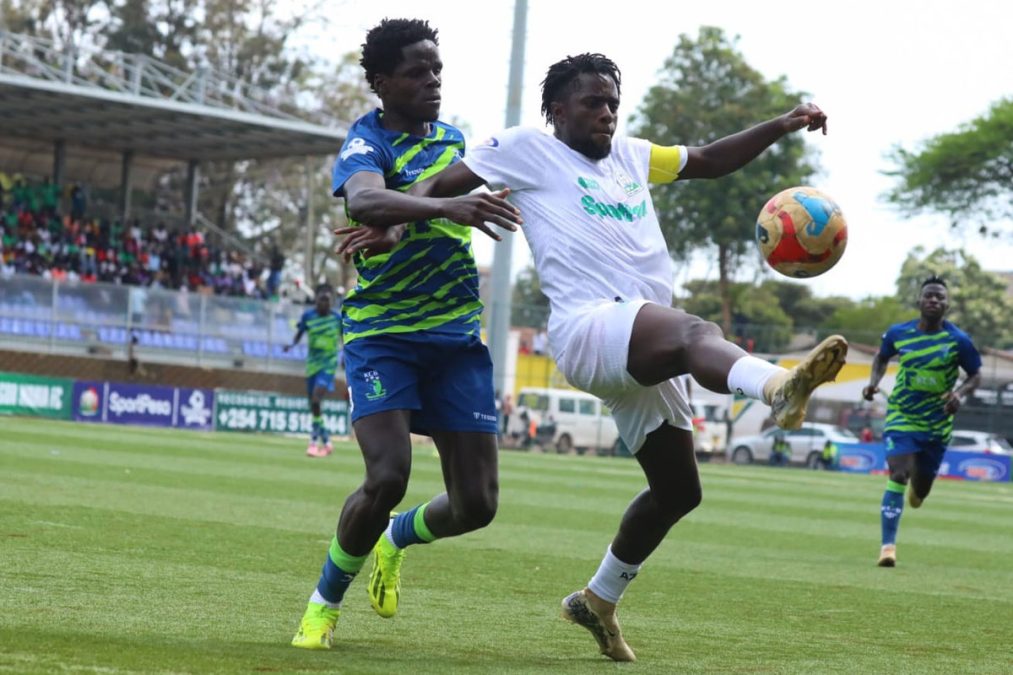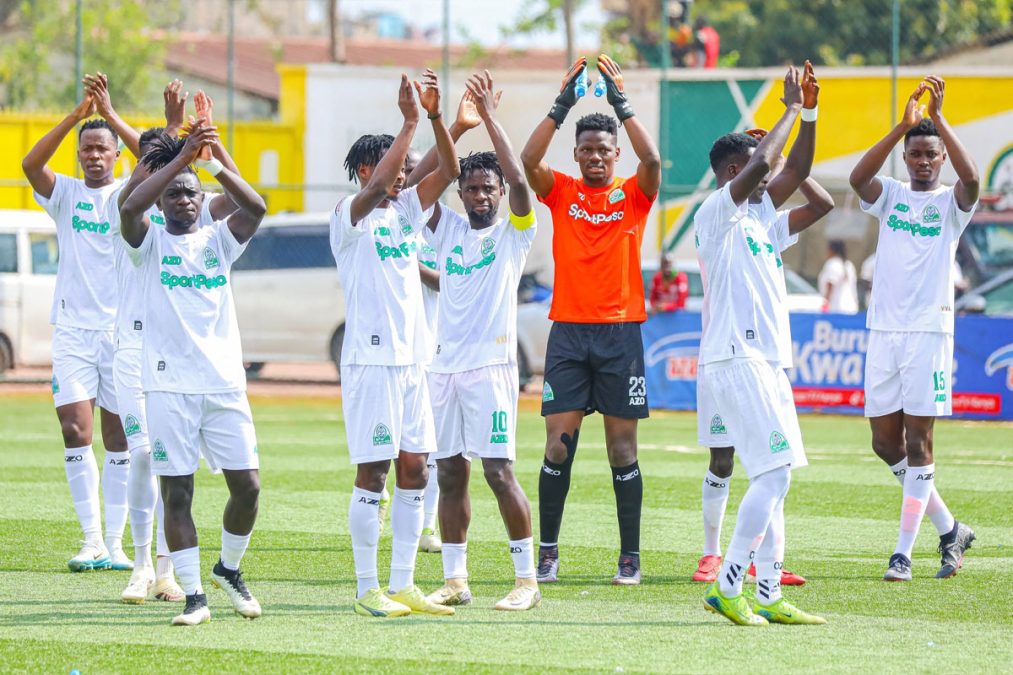Gor Mahia, one of Kenya’s most storied football clubs, finds itself grappling with a troubling issue that could have far-reaching implications for its season: the missed penalties.
Having missed two crucial spot-kicks in consecutive matches, the team’s inability to convert from the penalty spot raises significant questions about their mental resilience and technical execution during high-stakes moments.
The Context
In Gor Mahia’s most recent match against KCB, the Captain and 2023/2024 MVP, Austin Odhiambo, was awarded a penalty in the 79th minute, a pivotal moment that could have secured their victory.
The tension in the situation was palpable; the stakes were high, with the result likely to influence their standing in the league.
However, Odhiambo’s failure to convert, thanks to a superb save by KCB’s goalkeeper Elvis Ochoro, underscores a growing concern about the team’s psychological preparedness and sharpness in high-pressure situations.
Historical Perspective
This isn’t just an isolated incident; the missed penalty against KCB follows a similar failure just a week before against Sofapaka. This pattern not only highlights Odhiambo’s recent struggles but also raises broader worries about the team’s approach to set-pieces.
Penalties are often viewed as a “gimme” in football, but they require a composed mindset and technical execution qualities that appear to be waning under pressure for Odhiambo.

The Psychological Impact
The psychological aspect of taking penalties cannot be underestimated. Players often describe penalties as one of the most nerve-racking experiences on the pitch.
For Odhiambo, the weight of being captain magnifies the pressure, as he represents both his team and its ambitions. Repeated failures could not only affect his confidence but might also ripple through the squad, creating an atmosphere of doubt.
Teammates may become less inclined to depend on their captain during crucial moments, impacting overall team cohesion.
Training and Tactical Adjustments
In the wake of these misses, it is clear that Gor Mahia’s head coach, Charles Akonnor, has a pivotal role to play. The upcoming training sessions will likely focus on penalty execution, but they must go beyond mere practice.
Mental conditioning could become an essential component, helping players to cultivate the calm and focus required during pressure situations.
Moreover, Akonnor might need to consider diversifying the responsibility of penalty taking. If Odhiambo continues to struggle, empowering another player with a solid track record from the spot could alleviate some of the pressure from him and perhaps increase the team’s overall effectiveness.
Implications for the Season
As the season progresses, the ability to convert penalties could very well dictate Gor Mahia’s success in crucial matches. In tightly contested fixtures where the margin for error is slim, converting penalties could be the difference between drawing and winning.
Addressing the current penalty issues will be critical for the club’s ambitions, as their fans expect nothing less than a competitive title challenge.
Conclusion
Gor Mahia’s current predicament regarding penalty execution serves as a cautionary tale about the importance of mental resilience in sports.
The pressure to perform in decisive moments is a universal aspect of competitive sports, and how Odhiambo and his teammates respond to this challenge will likely define their season.
By tackling the mental and technical aspects of penalty taking head-on, Gor Mahia can look to strengthen their competitive edge and possibly turn these setbacks into learning opportunities for the development of a stronger, more resolute squad.

